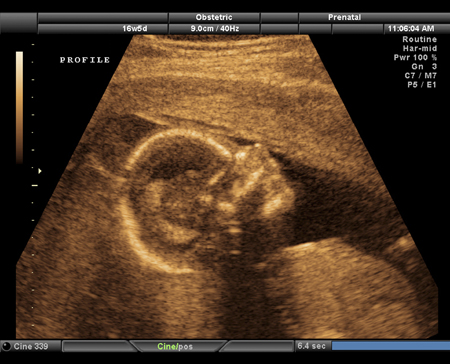Children whose mothers take the antiepileptic drug sodium valproate while pregnant are at increased risk of autism and other neurodevelopmental disorders, scientists at the University of Liverpool have found.
Dr Rebecca Bromley and Professor Gus Baker, from the University’s Institute of Translational Medicine, based their findings on children born to 528 pregnant women between 2000 and 2004 in the North West of England.
Just fewer than half the mums had epilepsy, all but 34 of whom took antiepileptic drugs during their pregnancy. Carbamazepine was taken by 59 if the mums that took part in the study; 59 took valproate; 36 took lamotrigine; 41 took a combination of drugs; and 15 took other medication.
The children’s physical and intellectual development was assessed at the ages of 12 months, three, and six years. Information was also obtained from their mothers about whether they had consulted specialists about their child’s behaviour, development, educational progress or health.
Full data on all three assessments were available for 415 children. In all, 19 children had been diagnosed with a neurodevelopmental disorder by the time they were six years old, three of whom also had a physical abnormality.
Of these, 12 had a form of autism, one of whom was also diagnosed with attention deficit hyperactivity disorder (ADHD). Three children had ADHD alone, while a further four had dyspraxia, a condition that results in poor physical coordination and excessive clumsiness.
Dr Bromley said: “If sodium valproate is the treatment of choice, women should be provided with as much information as possible to enable them to make an informed decision. Children whose mums took the drug during pregnancy should be monitored closely
“But on no account should pregnant women stop taking the drug for fear of harming their developing child.”
Neurodevelopmental problems were significantly more common among those children whose mums had epilepsy – 7.46% compared with 1.87% of those whose mums did not have the condition.
And those children whose mums had taken valproate singly or in combination with other drugs while pregnant were significantly more likely to have been diagnosed with a neurodevelopmental condition than were those whose mums taking other drugs to treat their condition.
The findings showed that children exposed to valproate alone in the womb were six times more likely to be diagnosed with a neurodevelopmental disorder. Those exposed to valproate plus other drugs were 10 times more likely to do so than were children whose mums did not have the condition.
More than one in 10 (12%; 6 out of 50) children whose mums had taken valproate alone during their pregnancy had a neurodevelopmental problem, as did one in seven (15%; 3 out of 20) of those whose mums had taken valproate with other drugs.
No child born to a mum with epilepsy, but who didn’t take drugs for the condition during her pregnancy, was diagnosed with a neurodevelopmental disorder.
Boys were three times more likely than girls to be diagnosed with a neurodevelopmental disorder, but no significant associations were found for the mother’s age or IQ, length of pregnancy, or epileptic seizure type.
